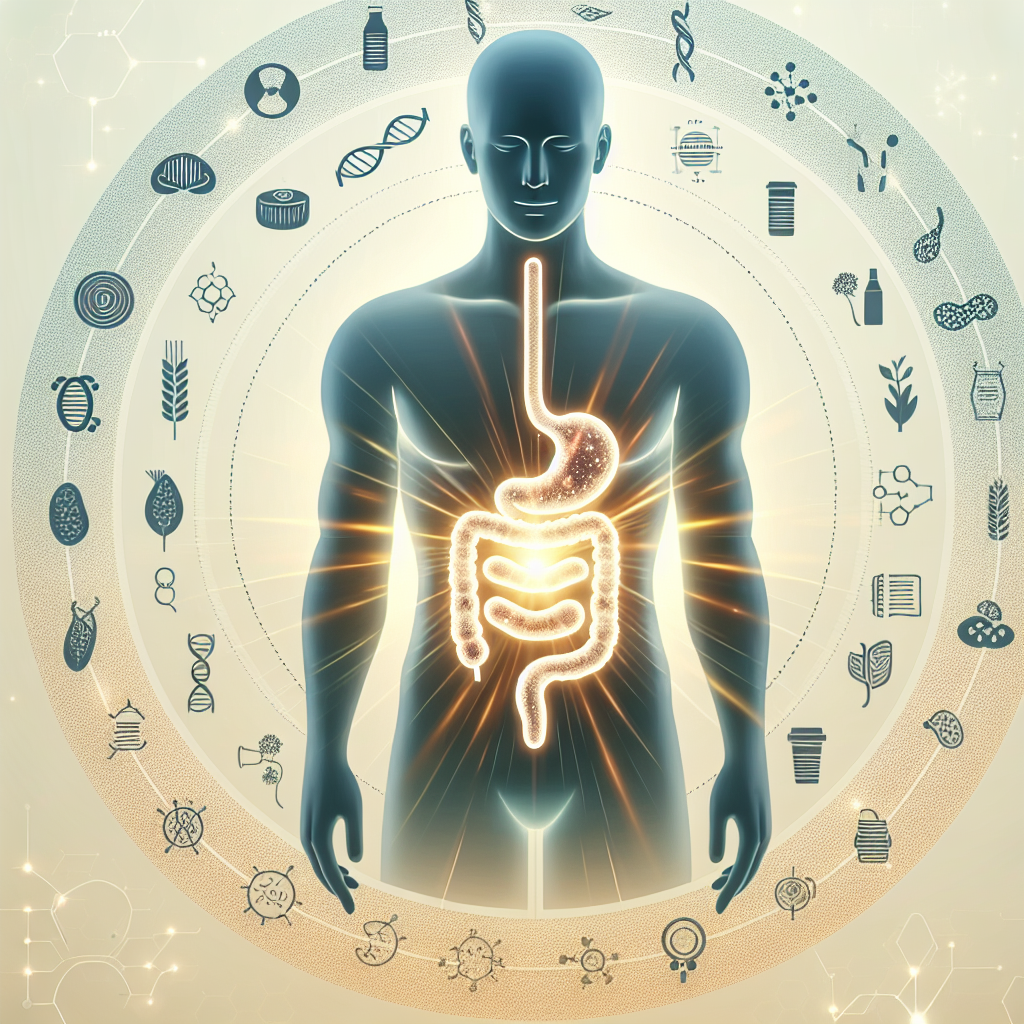### The Power of Microbiome: Improving Health Through Gut Microbes
Did you know that you’re more microbial than you are human? Our bodies host more than 38 trillion microbes, most of which reside in our guts – far more than the number of cells in our body. These trillions of residents, collectively termed as the gut microbiome, play a pivotal role in our health and wellness. Let’s delve into the profound power of microbiome and how it can improve our health.
#### Understanding Gut Microbiome
The gut microbiome is a complex ecosystem of bacteria, viruses, fungi, and other microbes residing in our intestines. This community plays an integral role in our body’s overall health, supporting digestion, immunity, and mental health. Research has shown that a balanced microbiome can help prevent various health problems, from obesity to mental health disorders.
#### The Effects on Physical Health
A diverse gut microbiome aids in optimal digestion as some of these microorganisms are involved in breaking down fibers and other food components that the body can’t digest on its own. Additionally, byproducts from this process serve as nourishment for the cells lining the gut, bolstering gut health and function.
Moreover, gut microbiome diversity is linked with healthy body weight. Recent studies have linked an imbalanced gut microbiota with obesity and other metabolic disorders. The microbiome can influence the body’s metabolic rate and fat storage, impacting our susceptibility to weight gain or loss.
#### The Microbiome and Mental Health
Importantly, the gut microbiome also impacts our mental health. Here’s a fact: Over 90% of serotonin—the body’s “feel good” hormone—is produced in the gut. It’s no surprise that an imbalance in the gut microbiome has been associated with increased risks of mental health problems, including anxiety, depression, and mood disorders.
This connection between the gut microbiome and the brain is often referred to as the ‘gut-brain axis’. Hence, a healthy gut can considerably contribute to a healthy state of mind.
#### Enhancing Your Gut Microbiome
So how can you take care of your gut health? One of the best and simplest steps is to have a healthy diet. Consuming a diet rich in fiber from fruits, vegetables, and whole grains can support a diverse and healthy gut microbiome. Incorporating fermented foods such as yogurt, kefir, sauerkraut, and kimchi, known for their probiotic content, can also help boost your gut’s healthy bacteria.
It’s also essential to limit the intake of highly processed, sugary, and fatty foods as they can bring havoc to the delicate balance of the gut microbiome. Regular exercise, adequate sleep, and managing stress are also vital for maintaining a healthy gut.
#### The Future of Microbiome Research
The function of microbiomes in our bodies is a rapidly growing field in medical research. Probiotics and prebiotics have already paved the way in promoting gut health. Further research could lead to the development of more targeted therapies tailored to individual microbiome profiles.
What we know for certain, however, is that the humble gut and its complex microbial ecosystem is a potent ally in our pursuit of robust health and well-being. Let’s nurture it well.
—
*A science-backed exploration into the world of the gut microbiome, its influence on our health, and how we can cultivate a healthy, diverse community of microbes within us. The future, it seems, is brimming with intriguing possibilities – right at the core of our very being.*
**Sources:**
*[Human Microbiota, American Society for Microbiology](https://www.asm.org/Press-Releases/2018/November-1/Human-Microbiota)
*[Connection between gut microbiome and mental health, NCBI](https://www.ncbi.nlm.nih.gov/pmc/articles/PMC6302724/)
*[Role of the gut microbiome in obesity and diabetes, The Lancet](https://www.thelancet.com/journals/laneur/article/PIIS1474-4422(18)30251-1/fulltext)
*[The Impact of Gut Microbiota on Human Health, Science](https://science.sciencemag.org/content/351/6275/776)*


